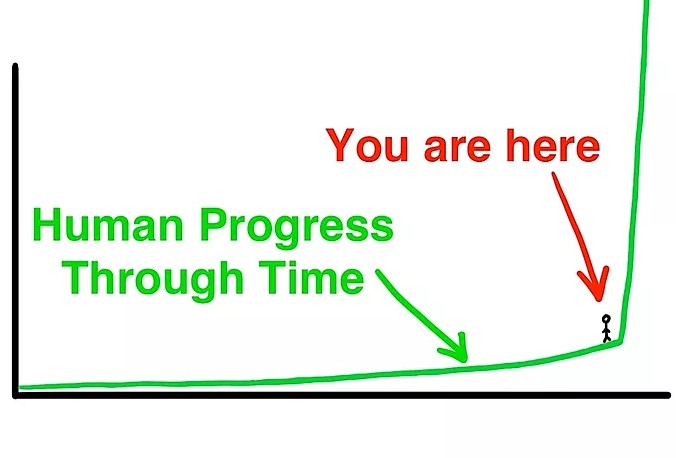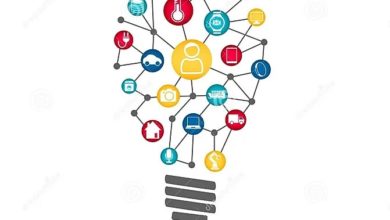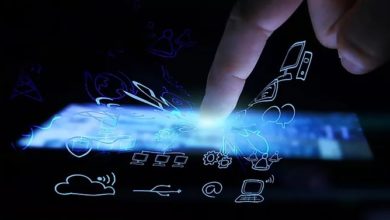Artificial Intelligence- Are we ready yet!

Artificial intelligence (AI) is no longer just for science fiction films. Today, intelligence exhibited by machines is a reality in peoples’ everyday lives.
How much time do we spend away from our smartphone in a day? Probably very little, if any at all. Smartphones remind us about appointments, tell us not just when to be there, but when to leave given our current location and traffic conditions, all in real-time, and without any human input.
This is just one example of the presence of artificial intelligence in our lives. So, what else will AI take over? Today, software engineers constantly look for ways to automate hard, repeatable data tasks using AI. And artificial intelligence is already taking on some traditional IT jobs, such as network security.
There are continuous works going on to automate not only traditional IT jobs but jobs which require intelligence through huge amount of data to take data based decisions, AI has really done well in this zone and jobs which are being tested under here are lawyers, surgical procedures, image recognition and security processes. The recent cognitive assistants which are taking the market by storm are examples of how machines are evolving and getting smarter using smart data consumption and learning from the historic information to take the next best steps.
The question is, are we ready? Do we have the answers to the legal and ethical quandaries that will certainly arise from the increasing integration of AI into our daily lives? Are we even asking the right questions?
Some of the biggest challenges in the next 15 years will be creating safe and reliable hardware for autonomous cars and health care robots; gaining public trust for AI systems, especially in low-resource communities; and overcoming fears that the technology will marginalize humans in the workplace.
Recent researches investigates eight areas of human activity in which AI technologies are already affecting urban life and will be even more pervasive by 2030: transportation, home/service robots, health care, education, entertainment, low-resource communities, public safety and security, employment, and the workplace.
Another area of research is how human shall behave alongside machines which shall work along them, eg: Self driven cars on the road and its effect on human co-drivers on the roads.
Historically humans have always suspected machines when it comes to deciding an action, this has been proven in cockpits, surgical procedures, education, security etc and it shall be really exciting for our generation to view this change happening in the next 20-30 years of human evolution.
AI is all about using advanced algorithms to move information into context. AI is a learning technology, but a lot of what machines learn still comes—and will likely always come—from human feedback.
Enjoy this topic as this is the next step of human evolution and this will decide how humans shall live or come to a verge of extinction in this century.



